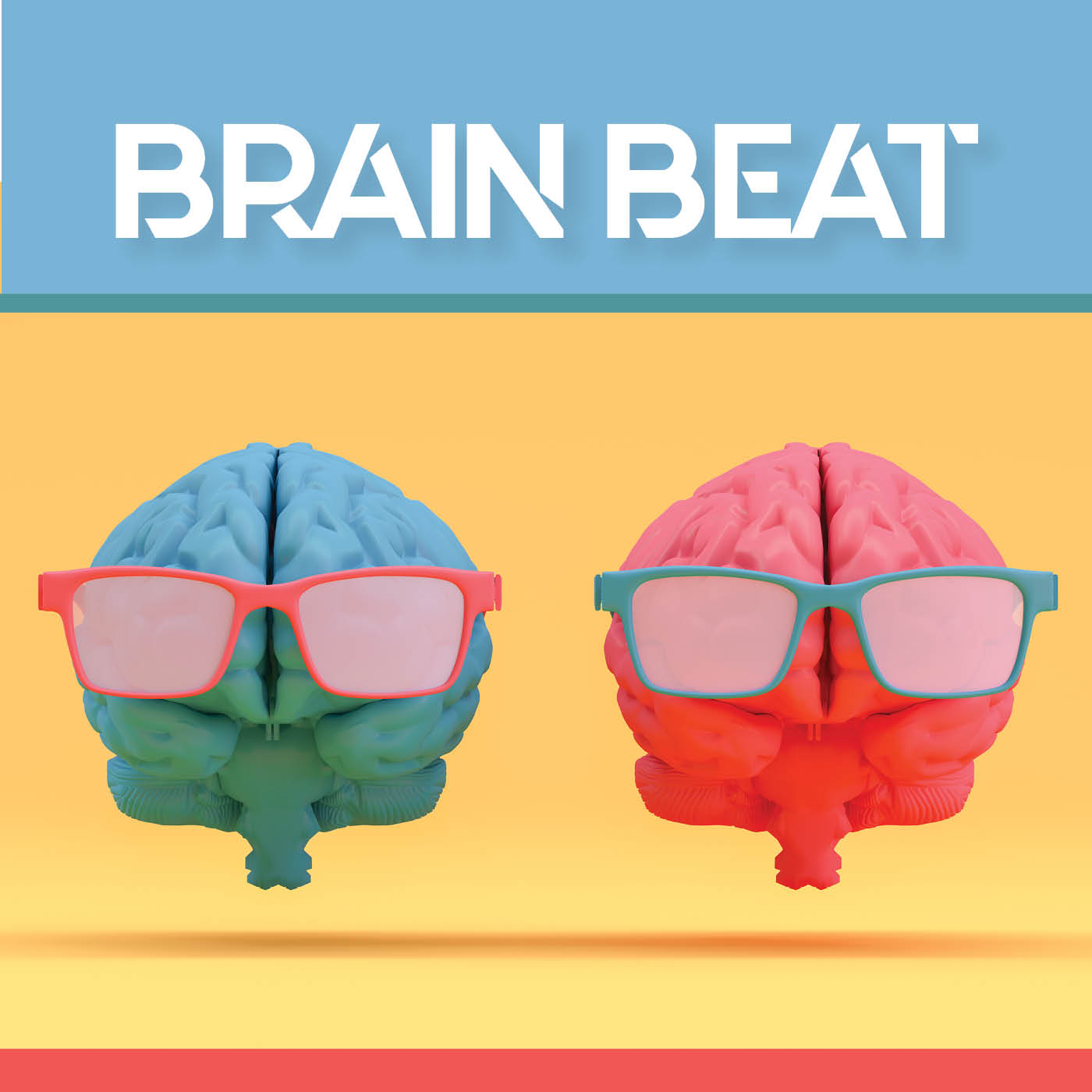Doctor as Patient
Description
Welcome back to an emotionally charged episode of Brainbeat, as your host, Pete Stavinoha, guides you through an extraordinary journey, shining a spotlight on the formidable challenges of battling brain cancer. Our guest, Dr. Tresa Roebuck Spencer, a distinguished board-certified clinical neuropsychologist, brings with her a unique perspective, having transitioned from clinician to patient when diagnosed with glioblastoma in October 2020. As a former President of the National Academy of Neuropsychology, her insights resonate deeply, making this episode an inspiring exploration of hope, resilience, and patient advocacy in the face of adversity.
Dr. Roebuck Spencer's journey unfolds as a poignant story of unexpected health turmoil that disrupted her life while she was diligently working as a neuropsychologist. Her remarkable account takes listeners on a gripping odyssey through numerous surgeries, radiation treatments, chemotherapy, and clinical trials, offering a comprehensive view of the intricate landscape of brain cancer care. What sets this episode apart is Dr. Roebuck Spencer's dual role as both clinician and patient, providing a profound understanding of the patient experience. Amid her journey, she shares invaluable insights into coping strategies, the importance of mental health awareness, and the significance of transparent communication with healthcare providers. Dr. Roebuck Spencer's story, as shared here today, serves as a poignant reminder that, even in the face of daunting challenges, the human spirit can find strength, hope, and a rekindled appreciation for life. For more on this story, please visit the recent BrainWise article, From Expert to Patient.
Episode highlights:
Dr. Roebuck Spencer's unexpected health crisis that unfolded during a typical workdayHer unique perspective as a neuropsychologist and patientDr. Roebuck Spencer's treatment odysseyHer coping strategiesThe impact of Dr. Roebuck Spencer’s diagnosis on her familyThe integral role of maintaining a sense of normalcy and engaging in social and physical activitiesAdvice for clinicians
Quotes:
"Awareness is very good because it has allowed me to compensate quite well."
"I now understand why patients always wanted to show me their pictures."
"I'm not the normal patient in that I'm asking them for strategies.”
"You certainly want clinicians to understand you as a person in a holistic way, not just who you are now going through an illness, but who you were before and how that affects you now."
"I think the awareness is a blessing because I am able to stay more independent, because I'm able to compensate because of that awareness."
"Don't make assumptions about your patient just because they've had brain injury or brain surgery and they may or may not be in a wheelchair or using a cane. Don't assume they're cognitively impaired, either in part or in whole."
Links:
National Academy of Neuropsychology Foundation website
Dr. Tresa Roebuck Spencer
More Episodes
Dr. Peter Arnett, renowned professor at Penn State University and a past president of the National Academy of Neuropsychology (NAN), welcomes the esteemed Dr. Maureen O'Connor to the Brainbeat podcast today. A board-certified neuropsychologist celebrated for her role as the Director of...
Published 11/15/23
Published 09/12/23
In today’s episode, host Pete Stavinoha welcomes Dr. Yaakov Stern to the podcast. Dr. Stern is the Florence Irving Professor of Neuropsychology in the Departments of Neurology, Psychiatry, and Psychology, and the Taub Institute for the Research on Alzheimer’s Disease and the Aging Brain, as well...
Published 02/23/23


